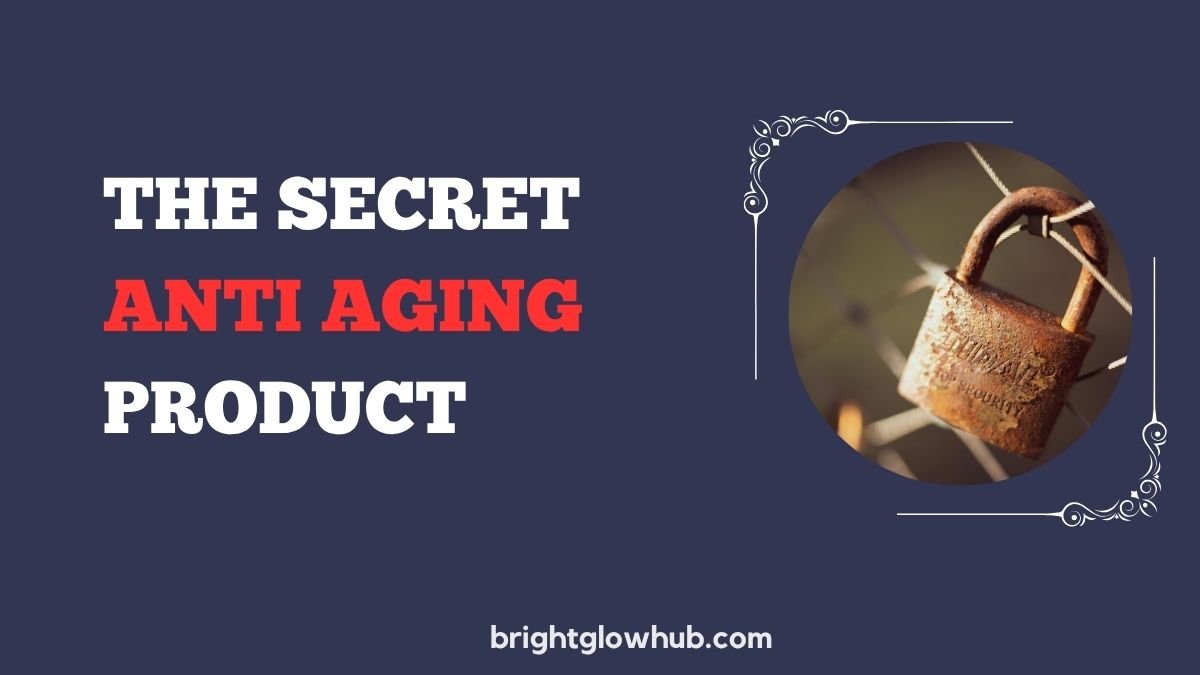When most people think of anti-aging skincare, they picture serums, expensive creams, or miracle treatments. But here’s the truth: the most powerful anti-aging product isn’t in a fancy jar—it’s sunscreen.
Why Sunscreen Is the Best Anti-Aging Product You’ll Ever Need let’s discuss
Dermatologists worldwide agree that sunscreen is the single most effective way to keep your skin youthful, smooth, and radiant. If you’ve been wondering why, this article will break down the science, benefits, and best practices that make sunscreen the ultimate anti-aging essential.
Why Sunscreen is the Best Anti-Aging Product?
Every time your skin is exposed to the sun without protection, ultraviolet (UV) rays penetrate and cause invisible damage. This leads to:
- Wrinkles & Fine Lines – UV rays break down collagen and elastin.
- Hyperpigmentation – Sun exposure darkens spots and uneven tone.
- Loss of Elasticity – The skin becomes thinner and less firm.
- Premature Aging (Photoaging) – Up to 80% of visible aging is due to sun exposure, not genetics.
Sunscreen acts as a shield, blocking or absorbing harmful UV rays before they can damage your skin. This makes it more powerful than any anti-aging serum on the market.
Sunscreen vs. Other Anti-Aging Products
Here’s how sunscreen compares to popular anti-aging treatments:
| Product | What It Does | Limitations | Best For |
|---|---|---|---|
| Sunscreen (SPF 30+) | Prevents UV damage, wrinkles, pigmentation | Must be reapplied every 2–3 hours | Everyone, daily use |
| Retinol | Boosts cell turnover, reduces wrinkles | Can cause irritation, needs months for results | Night routine |
| Vitamin C Serum | Brightens skin, reduces pigmentation | Unstable in sunlight, needs SPF backup | Morning routine with sunscreen |
| Collagen Creams | Hydrate & plump skin | Limited ability to penetrate deep layers | Temporary plumping |
| Botox/Fillers | Reduce wrinkles instantly | Expensive, temporary | Quick results seekers |
👉 Takeaway: Other products help, but without sunscreen, their benefits are quickly undone by sun damage.
How to Layer Vitamin C & Sunscreen Correctly
How to Use Sunscreen for Anti-Aging

- Choose Broad-Spectrum Protection – Blocks both UVA (aging rays) and UVB (burning rays).
- Use SPF 30 or Higher – SPF 50 is ideal for maximum protection.
- Apply Generously – 2-3 finger lengths for face and neck.
- Reapply Every 2–3 Hours – Especially if outdoors or sweating.
- Pair with Antioxidants – Vitamin C + sunscreen = extra defense.
Extra Benefits of Sunscreen Beyond Anti-Aging
- Prevents skin cancer (most important benefit).
- Keeps skin even-toned by preventing hyperpigmentation.
- Protects against sunburns and irritation.
- Helps your skincare products work better by preventing new damage.
Final Thoughts
If you’re serious about slowing down aging, forget expensive miracle creams—sunscreen is your skin’s true fountain of youth. By simply making sunscreen a daily habit, you protect your collagen, prevent wrinkles, and maintain a youthful glow for years to come.
✨ Remember: Anti-aging doesn’t start at 40—it starts today, with SPF.
Does anti aging cream really woks
FAQs
1. Can sunscreen really prevent wrinkles?
Yes! Sunscreen protects collagen and elastin, which are the building blocks of youthful skin. Without SPF, wrinkles form faster due to UV damage.
2.What SPF is best for anti-aging?
Dermatologists recommend SPF 30 or higher for daily use, and SPF 50 for long outdoor exposure.
3. Do I need sunscreen indoors?
Yes. UVA rays penetrate through windows and cause aging even indoors. Daily application is a must.
4. Is sunscreen better than anti-aging creams?
Yes, because it prevents damage before it happens. Anti-aging creams repair, but sunscreen protects—making it more effective in the long run.
5. How often should I reapply sunscreen?
Every 2–3 hours if outdoors. Indoors, once in the morning is usually enough unless you’re near windows or screens.
Disclaimer :
This article is for informational purposes only and does not constitute medical advice. For specific concerns about skin conditions or reactions, please consult a board-certified dermatologist.
Remember to consult with a dermatologist for personalized skincare advice, especially when addressing specific skin concerns or combining sunscreen with other active ingredients.
